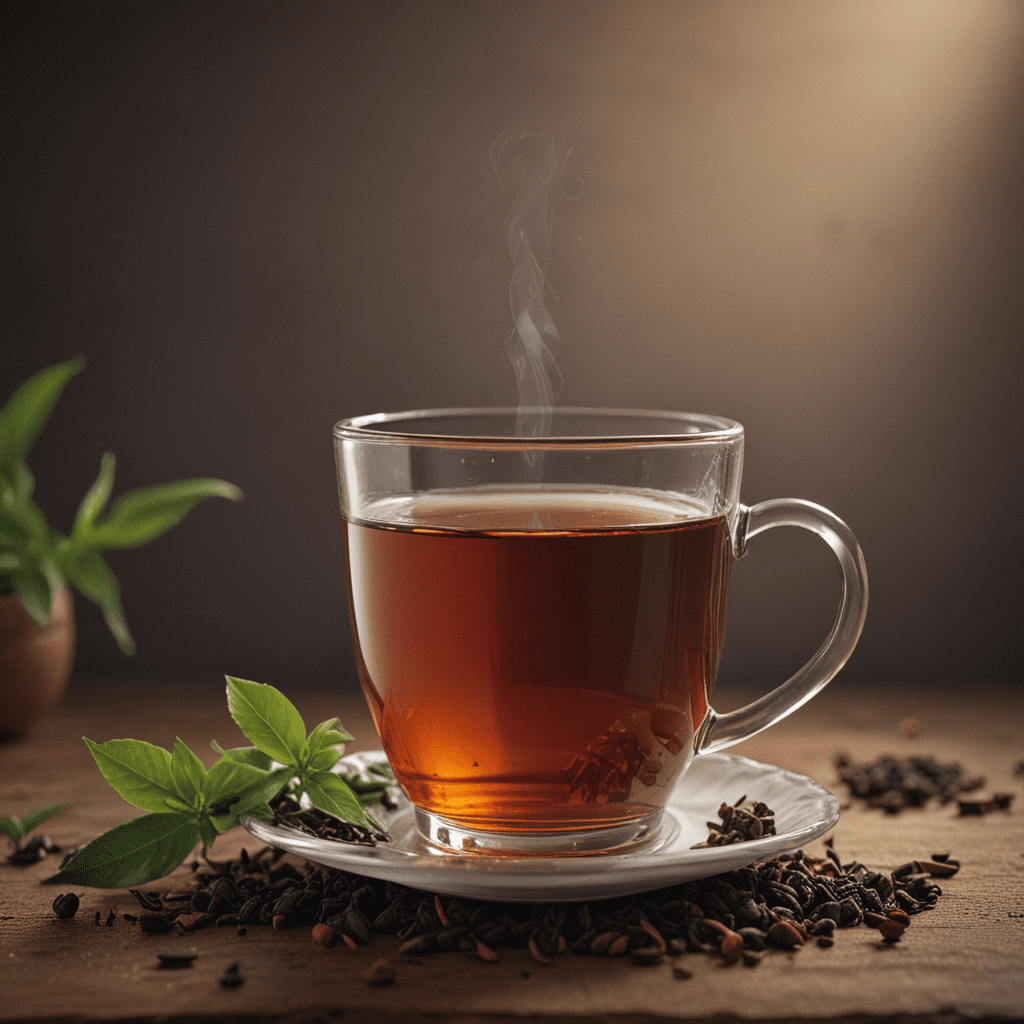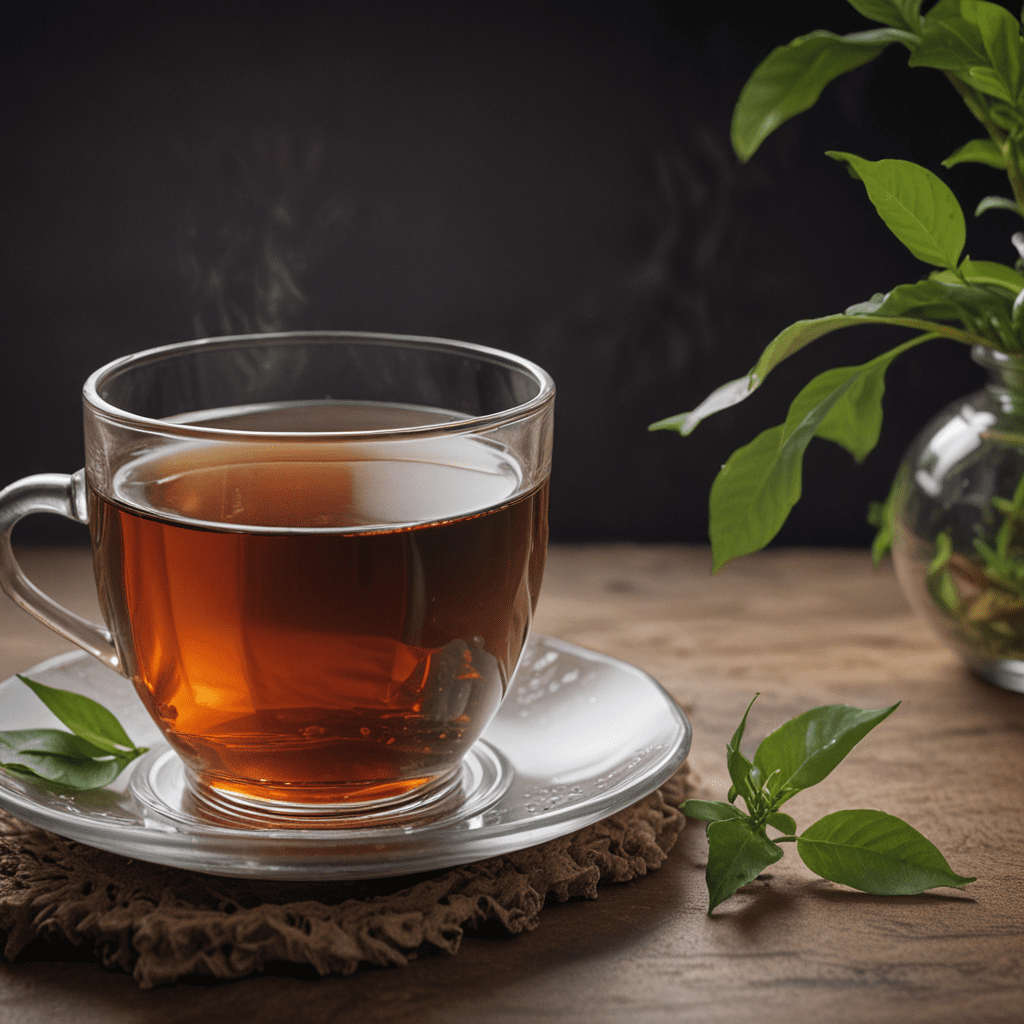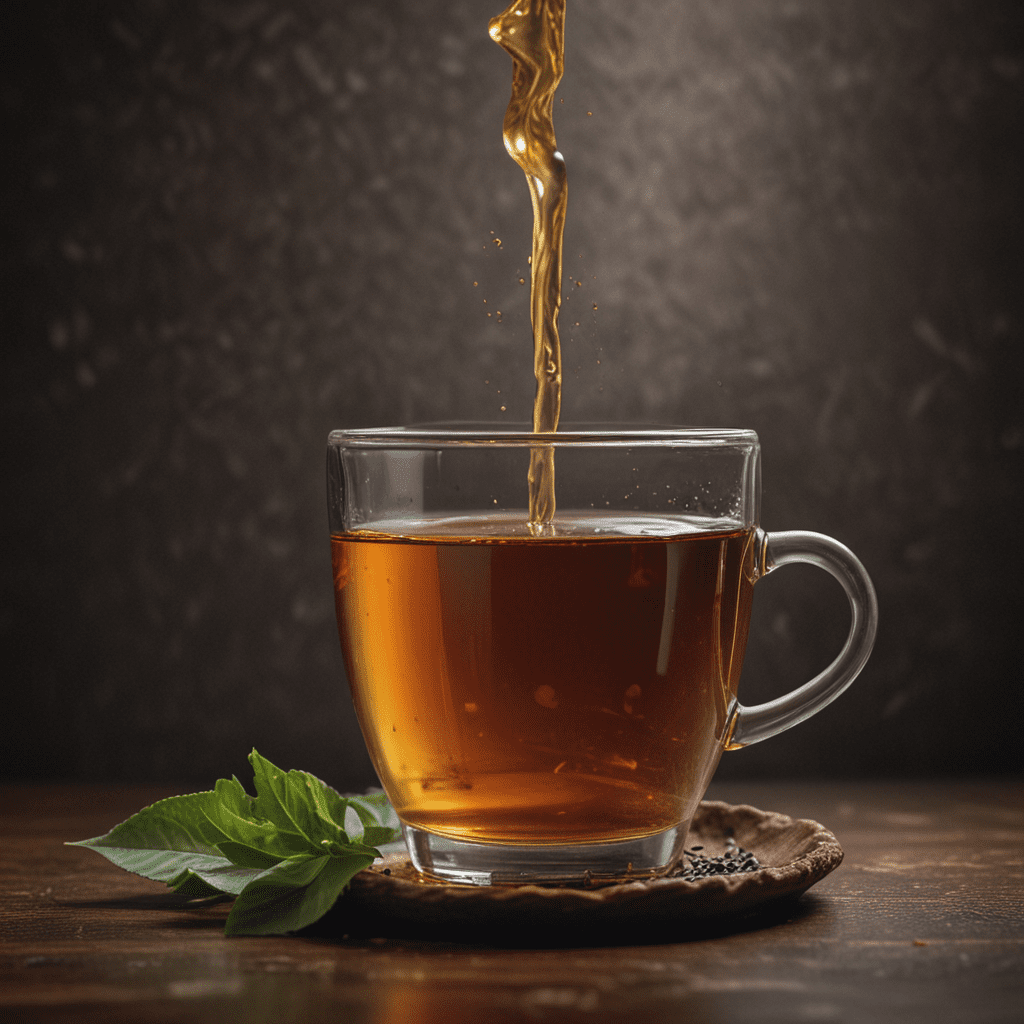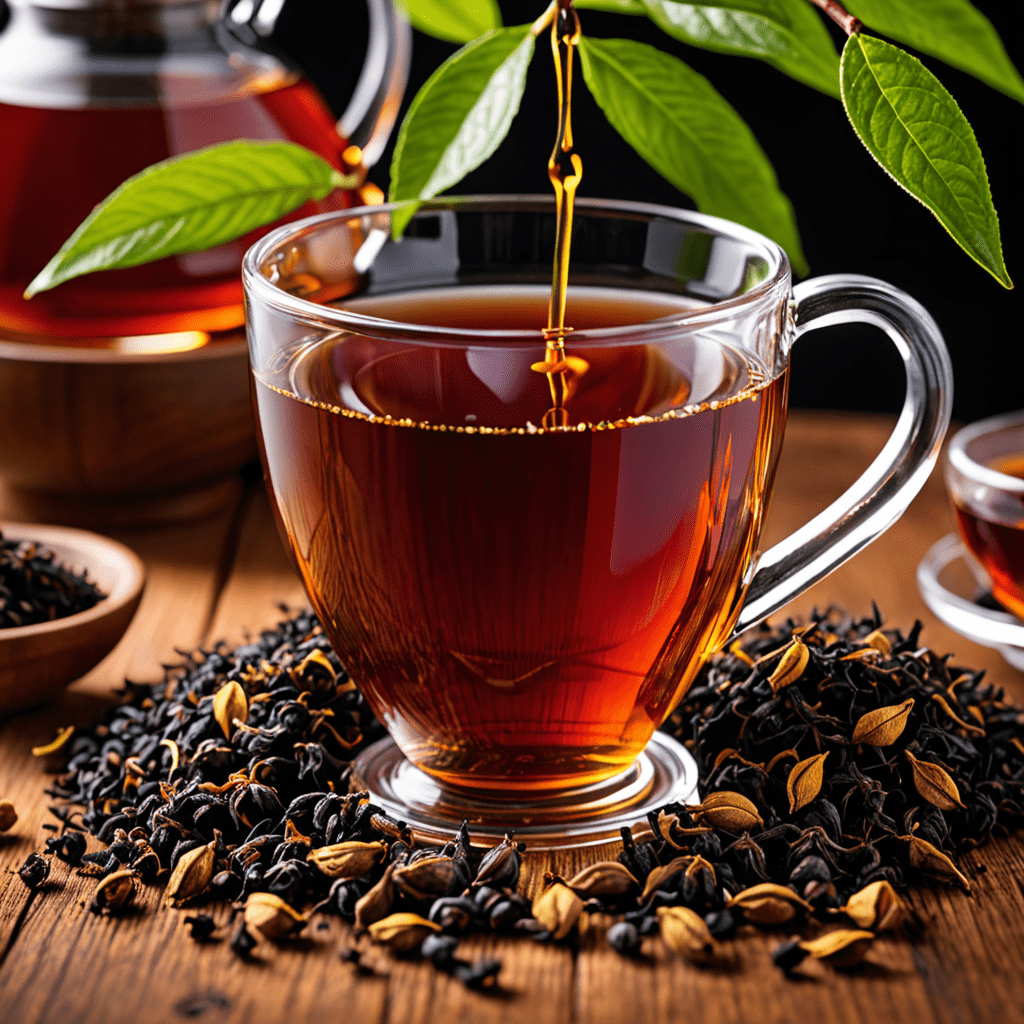Introduction
Assam tea, renowned for its robust flavor and malty notes, has captivated tea enthusiasts worldwide. Cultivated in the fertile Brahmaputra Valley of India, this distinct tea embodies the essence of authentic tea experiences. Assam's unique terroir, steeped in history and tradition, contributes to its inimitable taste profile and global acclaim.
History and Origins of Assam Tea
The discovery of tea in Assam dates back to the 19th century. In 1823, British explorer Robert Bruce discovered wild tea trees growing in the region. Recognizing their potential, the British established tea plantations and began cultivating Assam tea on a commercial scale. By the early 20th century, Assam emerged as one of the world's leading tea-producing regions.
The Unique Terroir of Assam
Assam's tea-growing region benefits from an exceptional combination of climatic conditions and soil composition. The Brahmaputra River's annual flooding enriches the soil with alluvial deposits, providing an abundance of nutrients for tea plants. The region's tropical monsoon climate, with abundant rainfall and sunshine, creates an optimal environment for lush tea growth.
Cultivation Methods and Tea Processing
Assam tea is primarily cultivated in two districts: Upper Assam and Lower Assam. The tea plants, belonging to the Camellia sinensis assamica variety, thrive in the region's warm and humid climate. The traditional plucking method involves harvesting two leaves and a bud, ensuring the production of high-quality tea. After plucking, the leaves undergo a series of processing steps, including withering, rolling, oxidation, and drying.
Varieties and Flavors of Assam Tea
Assam tea is available in a wide range of varieties, each boasting a distinct flavor profile. Black teas, the most common type, offer a robust body, malty notes, and a slightly smoky undertone. Green teas, less oxidized, showcase a lighter, grassy flavor with hints of citrus. White teas, minimally processed, provide a delicate and refreshing cup with subtle floral nuances.
6. Health Benefits of Assam Tea
Assam tea is more than just a delicious beverage; it offers an array of health benefits attributed to its rich antioxidant content. These antioxidants, known as polyphenols, help protect the body from oxidative stress and inflammation, which are linked to numerous chronic diseases. Additionally, Assam tea contains caffeine, which can improve alertness and cognitive function.
7. Assam Tea in the Global Market
Assam tea has established a strong presence in the global tea market, renowned for its quality and unique flavor. India is the second-largest tea producer worldwide, with Assam contributing significantly to the nation's output. Assam teas are exported to various countries, including the United Kingdom, the United States, and the Middle East, where they are enjoyed by tea connoisseurs and casual drinkers alike.
8. The Cultural Significance of Assam Tea
Assam tea is deeply intertwined with the cultural heritage of Assam. The region's tea gardens provide employment to a large number of people and play a vital role in the local economy. Tea cultivation has shaped the social and cultural fabric of Assam, leading to the development of unique traditions and festivals associated with tea.
9. Sustainable Practices in Assam Tea Production
Recognizing the importance of environmental sustainability, tea growers in Assam are increasingly adopting sustainable practices. These efforts include reducing chemical fertilizer and pesticide usage, implementing water conservation techniques, and promoting biodiversity conservation. By embracing sustainability, Assam tea producers ensure the long-term viability of the tea industry while preserving the region's natural resources.
10. Conclusion
Assam tea, with its distinctive flavor, rich health benefits, and global recognition, embodies the essence of authentic tea experiences. Cultivated in the fertile Brahmaputra Valley, this extraordinary tea has captured the hearts of tea enthusiasts worldwide. From its humble origins to its current status as a global commodity, Assam tea continues to captivate with its unique blend of tradition, innovation, and unwavering quality.
Frequently Asked Questions (FAQs)
Q: What gives Assam tea its unique flavor?
A: Assam tea's robust flavor and malty notes are primarily attributed to the region's unique terroir and the processing methods employed. The Brahmaputra River's alluvial deposits and the warm, humid climate contribute to the tea's distinctive taste profile.
Q: How should Assam tea be brewed for optimal flavor?
A: To充分利用Assam tea's flavor, use fresh, filtered water and heat it to around 200 degrees Fahrenheit (93 degrees Celsius). Steep the tea leaves for 3-5 minutes, depending on desired strength.
Q: Is Assam tea healthy?
A: Yes, Assam tea is rich in antioxidants, which offer numerous health benefits. These antioxidants help protect against oxidative stress and inflammation, reducing the risk of chronic diseases.



